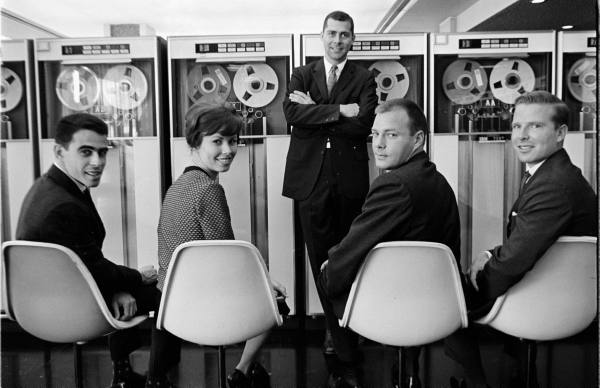Farhood Manjoo’s latest New York Times column, “In a Self-Serve World, Start-Ups Find Value in Human Helpers,” argues that the freestyle-chess approach of person-computer tandems tackling tasks (e.g. travel agent) is the best path forward. That’s probably a little too rosy a view.
In the short term and perhaps medium one that combination may be winning, but it also assumes that software won’t continue rapid improvement. The writer acknowledges the opaqueness of pricing that existed pre-smartphone, but seems too nostalgic to completely comprehend how much it bedeviled consumers. Companies that backpedal from a full-on software approach may reap benefits, but the question is for how long.
An excerpt:
Now, rather than consult an insurance agent, you simply search online. You never go into a bank —you just use the tireless A.T.M. — and at the supermarket, there are those self-checkout machines. You can buy stocks without a broker, you can publish a book without a publisher, you can sell a house without an agent and you can buy a car without a dealer. Slowly but surely, the robots seem to be replacing all the middlemen and turning the world into a self-serve society.
An economist would praise the great disintermediation for its efficiency. As a customer, you may have a different reaction: Look at all the work you’re now being asked to do. Was it really wise to get rid of all those human helpers?
In many cases, yes, but there remain vast realms of commerce in which guidance from a human expert works much better than a machine. Other than travel, consider the process of finding a handyman or plumber. The Internet has given us a wealth of data about these services. You could spend all day on Craigslist, Yelp or Angie’s List finding the best person for your job, which is precisely the problem.•

